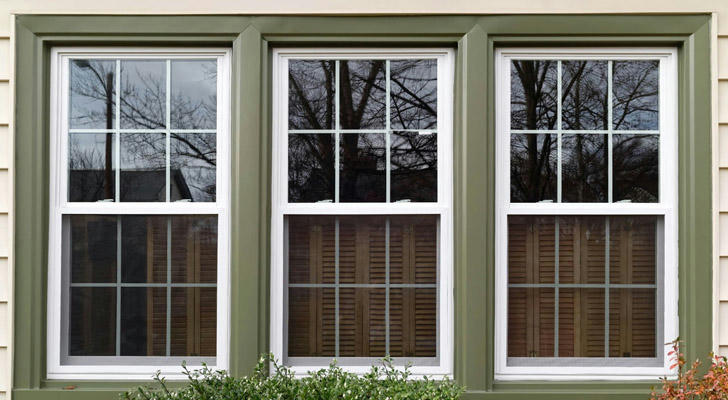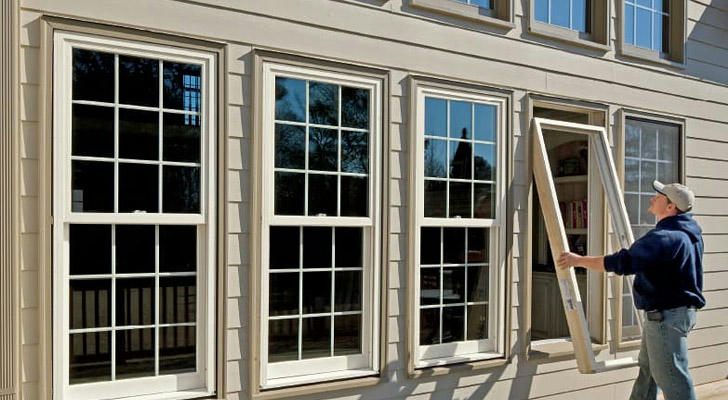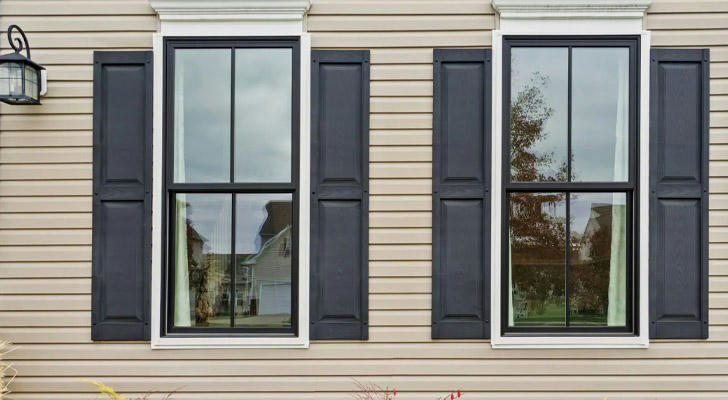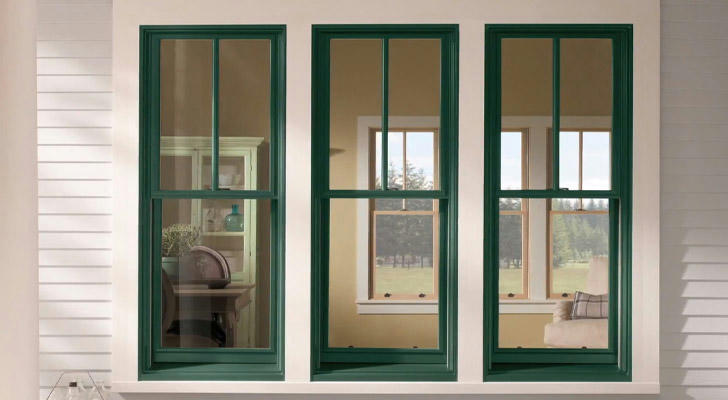Window Material Competition: Choose The Best Window Type For Your Home

Windows are not only the "eyes" of the house, but also a key factor affecting the indoor environment and energy efficiency. Choosing the right window material can improve the beauty, comfort and market value of your home. This article will explore the characteristics of different window materials in depth and help you make a wise choice through actual case analysis.

I.Overview of window materials
Common window materials on the market include wood, aluminum alloy, plastic steel, fiberglass and composite materials. Each material has its own unique properties and applicable scenarios.
Wood: provides natural beauty and good thermal insulation, but requires regular maintenance.
Aluminum alloy: light and strong, but has strong thermal conductivity and may affect indoor temperature.
Plastic steel: good thermal and sound insulation, moderate price.
Fiberglass: corrosion-resistant, low maintenance cost, but low strength.
Composite materials: combines the advantages of multiple materials and has a higher price.
II.Performance comparison analysis
When choosing window materials, you need to consider the following key performance indicators:
Thermal insulation: affects indoor temperature and energy consumption.
Sound insulation: It is particularly important for families living in noisy environments.
Durability: The service life and maintenance cost of the material.
Aesthetics: The fit with the architectural style and personal preferences.
Cost-effectiveness: The initial investment and long-term economic benefits of the material.

III.Material selection suggestions for different scenarios
For homes pursuing a natural style, wood windows are the best choice.
In tropical or warm areas, aluminum alloy windows are favored for their good heat dissipation performance.
For families with limited budgets, plastic steel windows provide a cost-effective solution.
In coastal or chemically corrosive environments, the corrosion resistance of fiberglass windows is particularly important.
For high-end homes, composite windows are an ideal choice with their excellent comprehensive performance.

IV.Case
Mr. Li is a middle-aged man who has high requirements for quality of life. He hopes to replace the old windows in his home to improve living comfort.
Mr. Li's home is located in the city center. He has high requirements for sound insulation and heat insulation, and he also hopes that the windows are beautiful and generous. After comparison, Mr. Li chose plastic steel windows because of their good heat and sound insulation effects and moderate prices. The professional installation team ensured the sealing and stability of the windows. After the replacement, Mr. Li clearly felt the stability of the indoor temperature and the reduction of noise, and was very satisfied with the new windows.
V.Conclusion
Choosing window materials is a process of comprehensive consideration of beauty, performance and cost. Different materials have their own unique advantages and limitations. By deeply analyzing the specific needs of the family and the characteristics of the scene, the most appropriate choice can be made. As Mr. Li's case shows, plastic steel windows meet his sound insulation and heat insulation needs while also meeting his budget considerations. Ultimately, choosing the right window material can not only enhance the living experience, but also increase the market value of the home.
Remember, windows are not only a decoration for the home, but also the key to improving the quality of life. The right choice will make your home more warm, comfortable and energy-efficient.
